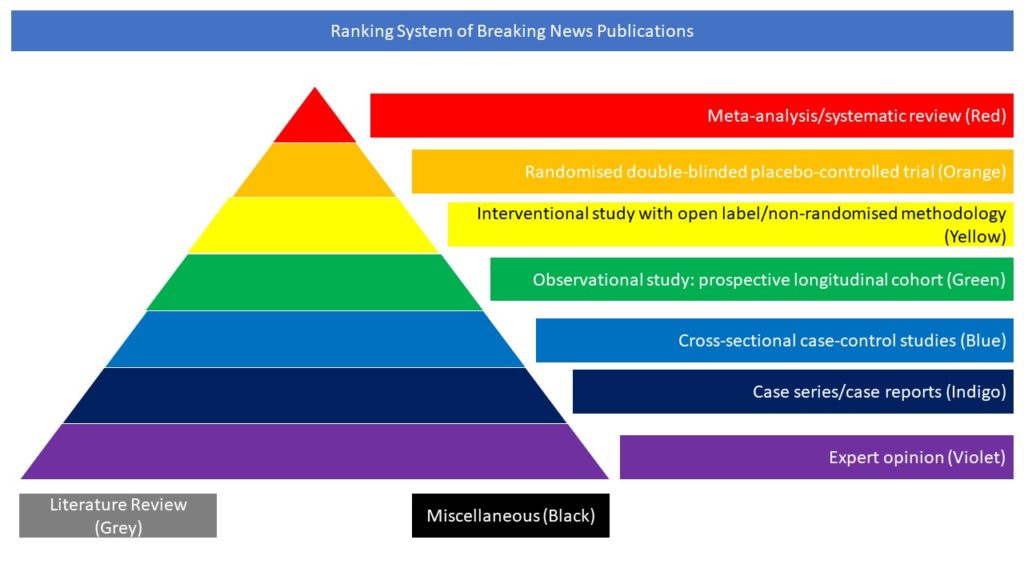Literature Review (Grey)
SARS-CoV-2 infection has been associated with various neurological manifestations. Since patients affected by SARS-CoV-2 infection present coagulation and immune system dysregulation, ischemic or haemorragic stroke is not uncommon, irrespective of respiratory distress. However, the occurrence of focal neurological deficits together with other symptoms like headache, cortical blindness, seizure and altered mental status should prompt the diagnosis of Posterior Reversible Encephalopathy Syndrome (PRES). Antithrombotic treatment, the alteration of endothelial function, and coagulopathy due to COVID-19 and PRES leading to the breakdown of blood-brain barrier may then contribute to the occurrence of a brain haemorrhage. In this article the authors describe the case of a COVID-19 patient who developed bilateral occipital lobe haemorrhages suggestive of haemorrhagic PRES and then they reviewed the available literature about haemorrhagic evolution of PRES in COVID-19. The authors concluded that coagulopathy and endothelial dysfunction resulting from the massive release of cytokines during the host immune response may be key factors in the pathogenesis of COVID-19-related PRES. Antithrombotic therapy and the leakage of the blood-brain barrier can subsequently increase the risk of haemorrhagic transformation of the lesioned brain tissue. Moreover, a prompt diagnosis of PRES is mandatory, since the timely interruption/reversal of antithrombotic therapy may be a key determinant for a good prognosis.
Motolese F, Ferrante M, Rossi M, Magliozzi A, Sbarra M, Ursini F, Marano M, Capone F, Travaglino F, Antonelli Incalzi R, Di Lazzaro V, Pilato F. Posterior Reversible Encephalopathy Syndrome and brain haemorrhage as COVID-19 complication: a review of the available literature. J Neurol. 2021 Jul 21:1–8. doi: 10.1007/s00415-021-10709-0.









